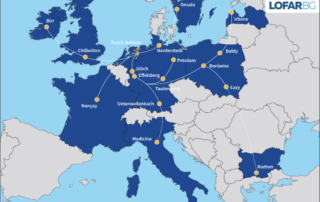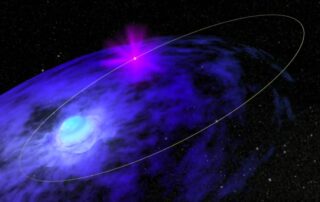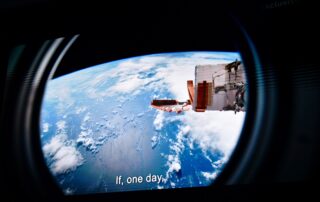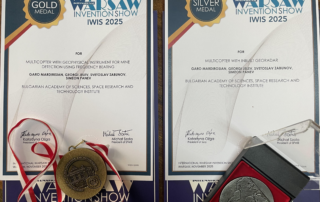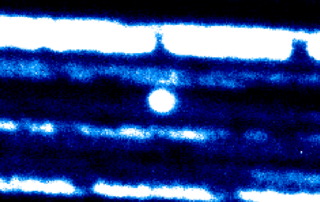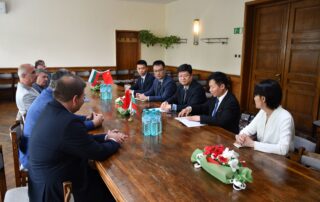The Bulgarian LOFAR radio telescope will become operational in 2026
The Institute of Astronomy with NAO offers opportunities to participate in its construction through summer internships for students, doctoral students, and young scientists. By the end of 2026, Bulgaria will complete the construction of the first observatory in Southeast Europe for the world's largest low-frequency radio telescope – LOFAR (Low Frequency Array). This is a pan-European project involving 52 antenna stations in eight countries: the Netherlands, Germany, Poland, France, Ireland, Latvia, Sweden, and the United Kingdom. An expansion with additional stations in Italy and Bulgaria is underway this year. Research into the Universe using the LOFAR radio telescope, headquartered in the Netherlands, covers scientific fields such as solar and space weather, the study of the early Universe, galaxy formation, pulsar physics, transient radio phenomena, ultra-high-energy [...]


